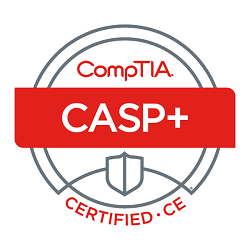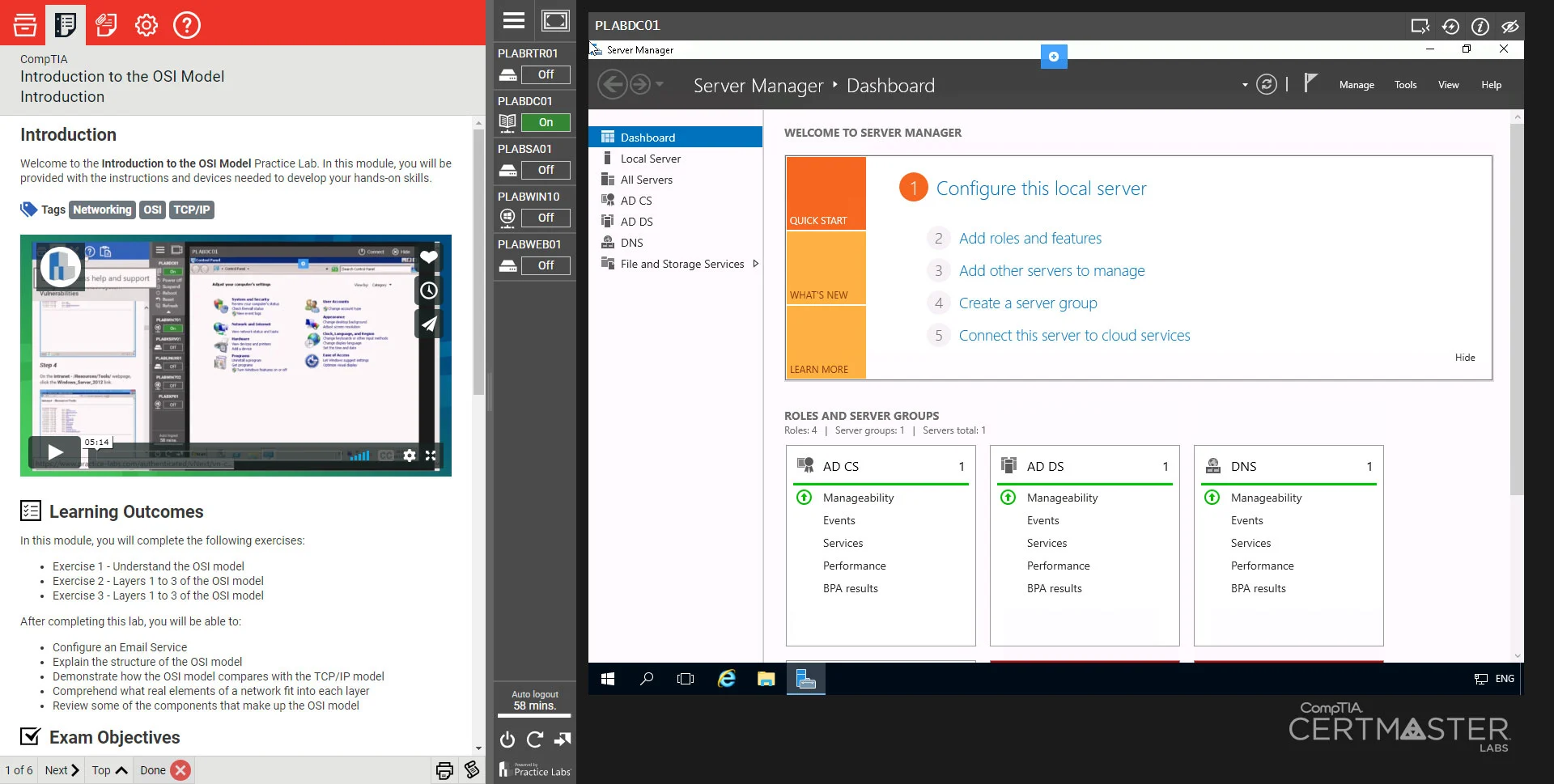Advanced Security Practitioner CompTIA CASP+

The CompTIA CASP+ Advanced Security Practitioner Course is designed for participants who want to advance their cybersecurity skills and take on leadership roles in organizations. The course focuses on acquiring advanced skills in managing risks, researching and analyzing vulnerabilities, integrating complex security solutions, and adopting enterprise-wide security strategies. During the course, participants will learn to design and implement customized security strategies based on the specific needs of the organization, assess and manage security risks, and make informed decisions to improve the overall security posture. Additionally, the course addresses the importance of collaboration across business functions to ensure a holistic approach to cybersecurity. The course contributes to the preparation for the CompTIA CySA+ Certification exam .
Course Objectives
Below is a summary of the main objectives of the CompTIA CASP+ Advanced Security Practitioner Course :
- Develop advanced skills for risk management and vulnerability analysis.
- Integrate complex security solutions and adopt enterprise-wide security strategies.
- Design and implement customized security strategies based on the specific needs of the organization.
- Assess and manage security risks, making informed decisions to improve security posture.
- Collaborate across business functions to ensure a holistic approach to cybersecurity.
- Lead incident response efforts and develop disaster recovery plans to minimize the impact of security breaches.
- Apply cryptographic techniques to secure communications and protect sensitive data.
- Implement advanced authentication and access control mechanisms to enhance system security.
Course Certification
This course helps you prepare to take the:
CAS-004 CompTIA CASP+ Exam;
Course Outline
Enterprise Security Architecture
- Frameworks and standards
- Network architecture and design
- System integration and security considerations
Advanced Security Technologies
- Cryptography and encryption techniques
- Security for cloud, virtualization, and container technologies
- Endpoint and mobile device security
Risk Management and Assessment
- Risk identification, analysis, and prioritization
- Risk mitigation strategies and controls
- Quantitative and qualitative risk assessment methods
Security Policies and Procedures
- Development and implementation of security policies
- Security awareness training and education
- Incident response and disaster recovery planning
Identity and Access Management
- Authentication, authorization, and accounting (AAA) models
- Identity and access management solutions
- Privileged account management
Threat Analysis and Vulnerability Assessment
- Threat intelligence and information sharing
- Vulnerability scanning and assessment tools
- Penetration testing and ethical hacking
Advanced Incident Response and Forensics
- Incident response planning and procedures
- Digital forensics and evidence collection
- Malware analysis and reverse engineering
Security Research and Development
- Emerging technologies and trends
- Security innovation and research methodologies
- Evaluation of new security solutions
Legal, Regulatory, and Compliance Issues
- Data privacy and protection laws
- Industry-specific regulations and compliance requirements
- Security auditing and assessment
Hands-on Labs and Practical Exercises
- Real-world cybersecurity scenarios
- Configuring advanced security solutions
- Analyzing and interpreting security data
Laboratory Activities
- Exploring the Lab Environment
- Using Automation to Identify Sensitive Data
- Understanding DR Capabilities in the Cloud
- Implementing a Web Application Firewall
- Understanding the Role of SPF Records and DNSSEC
- Using Security Incident and Event Management Features
- Performing Static Code Analysis
- Exploiting Web Applications – Stored XSS, SQL Injection
- Analyzing Web Application Vulnerabilities
- Implementing a VNet in Azure
- Deploying a Virtual Private Cloud in Amazon Web Services
- Implementing and Updating Containers on Windows Server 2019
- Performing Container Update Tasks
- Understanding DNS over HTTPS (DoH)
- Deploying a Hardened Server Image in the Cloud
- Implementing an Application Blocklist Policy
- Configuring Monitoring in the Cloud
- Implementing Data Protection using Symmetric Encryption
- Exploring Cryptography and Cryptanalysis using Visual Tools
- Implementing HTTP Server Certificates
- Troubleshooting HTTP Server Certificates
- Exploring MITER ATT&CK Navigator
- Exploring and Interpreting Intrusion Detection System Alerts
- Analyzing Intrusion Detection System Logs
- Exploiting the Server Message Block Protocol
- Analyzing SMB Vulnerabilities
- Analyzing Firmware using Binary Analysis and Hardware Emulation
- Analyzing and Attack Wireless Network Protections
Course Mode
Instructor-Led Remote Live Classroom Training;
Trainers
Trainers are Cisco Official Instructors and certified in other IT technologies, with years of hands-on experience in the industry and in Training.
Lab Topology
For all types of delivery, the Trainee can access real Cisco equipment and systems in our laboratories or directly at the Cisco data centers remotely 24 hours a day. Each participant has access to implement the various configurations thus having a practical and immediate feedback of the theoretical concepts.
Here are some Cisco Labs network topologies available:

Course Details
Course Prerequisites
- Participation in the Cybersecurity Course , the CompTIA CySA+ Course and the Penetration Test Course is recommended .
Course Duration
Intensive duration 5 days
Course Frequency
Course Duration: 5 days (9.00 to 17.00) - Ask for other types of attendance.
Course Date
- Advanced Security Practitioner CompTIA CASP+ Course (Intensive Formula) – On request – 9:00 – 17:00
Steps to Enroll
Registration takes place by asking to be contacted from the following link, or by contacting the office at the international number +355 45 301 313 or by sending a request to the email info@hadartraining.com



